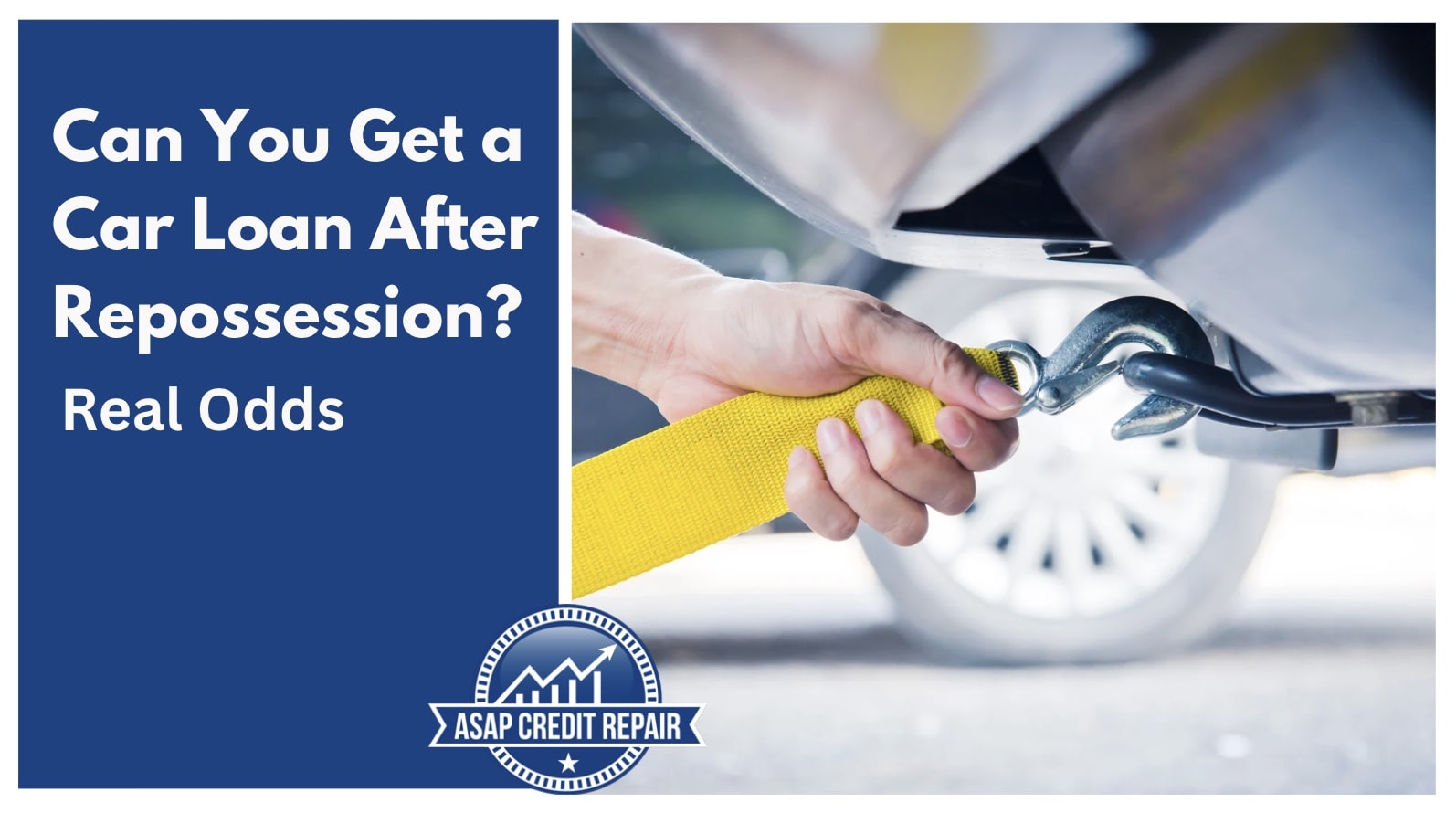Can you get a car loan after repossession? Yes, you can.
However, you need to understand that it won’t be easy. It requires strategic planning, patience, and understanding what lenders actually look for in applicants with troubled credit histories.
As someone who has guided countless individuals through post-repossession financing, I've seen firsthand that while the path is challenging, it's far from impossible.
How Repossession Actually Happens
Repossession rarely happens overnight. It's typically the end result of a financial domino effect that many Americans face.
The process usually begins with missed payments. Life throws curveballs, a job loss, medical emergency, a divorce, or unexpected expenses pile up. Most lenders don't repossess after a single missed payment. They typically wait until you're 60-90 days behind.
Communication breakdowns accelerate the timeline. When you stop responding to your lender's calls and letters, they assume you've abandoned the vehicle. Ironically, staying in contact and explaining your situation can delay or prevent repossession.
The actual repossession can happen without warning. Once your lender decides to repossess, they can take the vehicle from your driveway, workplace parking lot, or anywhere it's parked. In most states, they don't need to notify you beforehand, the car is simply gone one morning.
The financial damage extends beyond losing the vehicle. After selling your repossessed car at auction (usually for far less than its worth), you're stuck with the "deficiency balance", the difference between what you owed and what the car sold for, plus repo fees, storage costs, and legal expenses. This can add thousands to your debt while simultaneously destroying your credit score.
This cascade of consequences is why so many people wonder if they'll ever qualify for auto financing again. Justifiable thoughts since repo can stay on your credit for 7 years. That’s why I wrote this topic, so I can better educate more people not to be scared of debts.
Where Repossessions Hit Hardest
Repossessions have surged to crisis levels, with approximately 1.7-1.73 million vehicles repossessed in 2024. The highest number since 2009. This crisis isn't distributed evenly across the country.
The states with the highest repossession volumes are California, Texas, and Florida, particularly Miami, where an average of 23 cars are repossessed per day. However, when looking at repossession rates relative to population, Nevada leads the nation with approximately 1 in every 64 car loans ending in repossession, followed by Arizona with 1 in 66.
Your Approval Odds: The Reality Check
A repossession significantly damages your credit score, typically dropping it by 100+ points.
Most traditional lenders view you as high-risk for 12-24 months after repossession. However, your odds improve dramatically based on timing and your financial recovery.
Immediate aftermath (0-6 months): Your approval odds with traditional lenders sit around 10-20%. You'll likely need subprime or buy-here-pay-here dealerships.
6-12 months later: Odds improve to 30-40% if you've been rebuilding credit. Subprime lenders become more accessible.
12-24 months later: With consistent effort, you can reach 50-60% approval odds with acceptable interest rates.
After 2+ years: The repossession's impact fades. Your odds approach those of average borrowers if you've rebuilt your credit profile.
What Actually Affects Your Approval
Time since repossession matters most. Lenders want to see you've moved past whatever caused the repo. Each month that passes works in your favor.
Your deficiency balance status plays a crucial role. If you still owe money from the repossession, many lenders will reject you outright. Settling or paying this debt opens more doors.
Current income stability can override past mistakes. Steady employment for 6+ months and provable income significantly boost your chances.
Down payment size directly correlates with approval odds. A 20% down payment can increase your chances by 30-40% because you're shouldering more risk.
Realistic Paths Forward
Subprime lenders specialize in post-repossession cases. They approve 60-70% of applicants with repos, but charge interest rates between 15-25% compared to the typical 6-12% for prime borrowers.
Credit unions offer surprising flexibility. If you have a relationship with a credit union, they may approve you when banks won't, especially if you can explain what changed since the repossession.
Buy-here-pay-here dealerships approve almost anyone, but at a steep cost. You'll face 20-30% interest rates on overpriced vehicles with minimal consumer protections.
Co-signers dramatically shift the equation. A creditworthy co-signer can increase your approval odds to 70-80% and secure better rates, though it puts their credit at risk.
Boosting Your Chances
Start by pulling your credit reports and ensuring the repossession is accurately reported. Dispute any errors immediately.
Save aggressively for a larger down payment. Every additional thousand dollars you put down improves your terms and approval likelihood.
Rebuild credit systematically with a secured credit card or credit-builder loan. Six months of on-time payments creates a positive pattern that counters the repossession.
Consider a less expensive vehicle. Applying for a $10,000 used car instead of a $25,000 new one doubles your approval chances since the lender's risk decreases.
Get pre-approved before shopping. This prevents multiple hard inquiries and gives you negotiating power.
The Bottom Line
Most people with repossessions get approved for financing within 18 months if they actively work on rebuilding. Your first post-repo loan won't have favorable terms, but it becomes a stepping stone. Make payments religiously for 12-18 months, then refinance for better rates.
The key isn't whether you can get approved, you almost certainly can, somewhere. The real question is whether you can get approved at terms that won't put you back in financial distress. Focus on that, and you'll not only get financed but stay financed.

